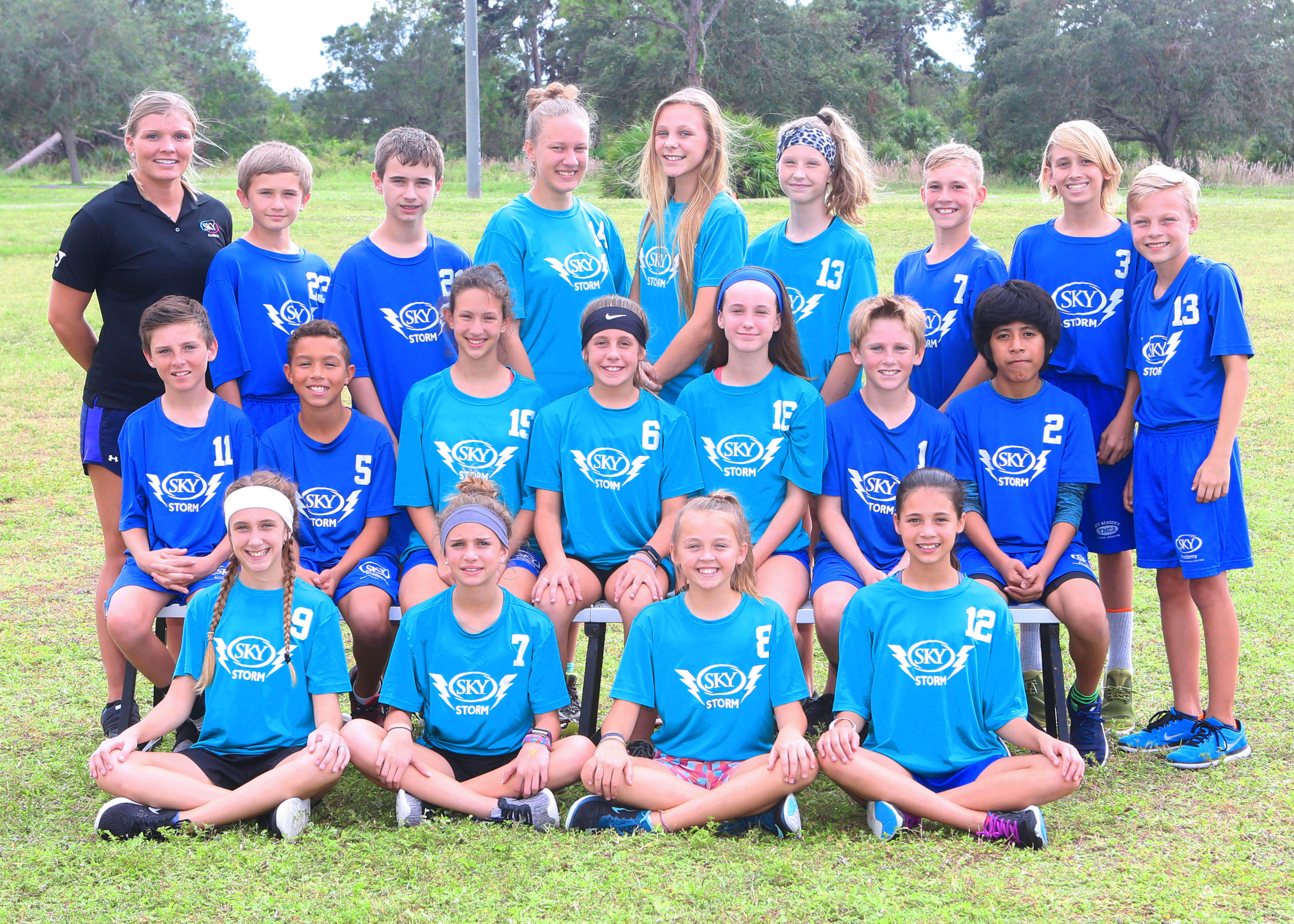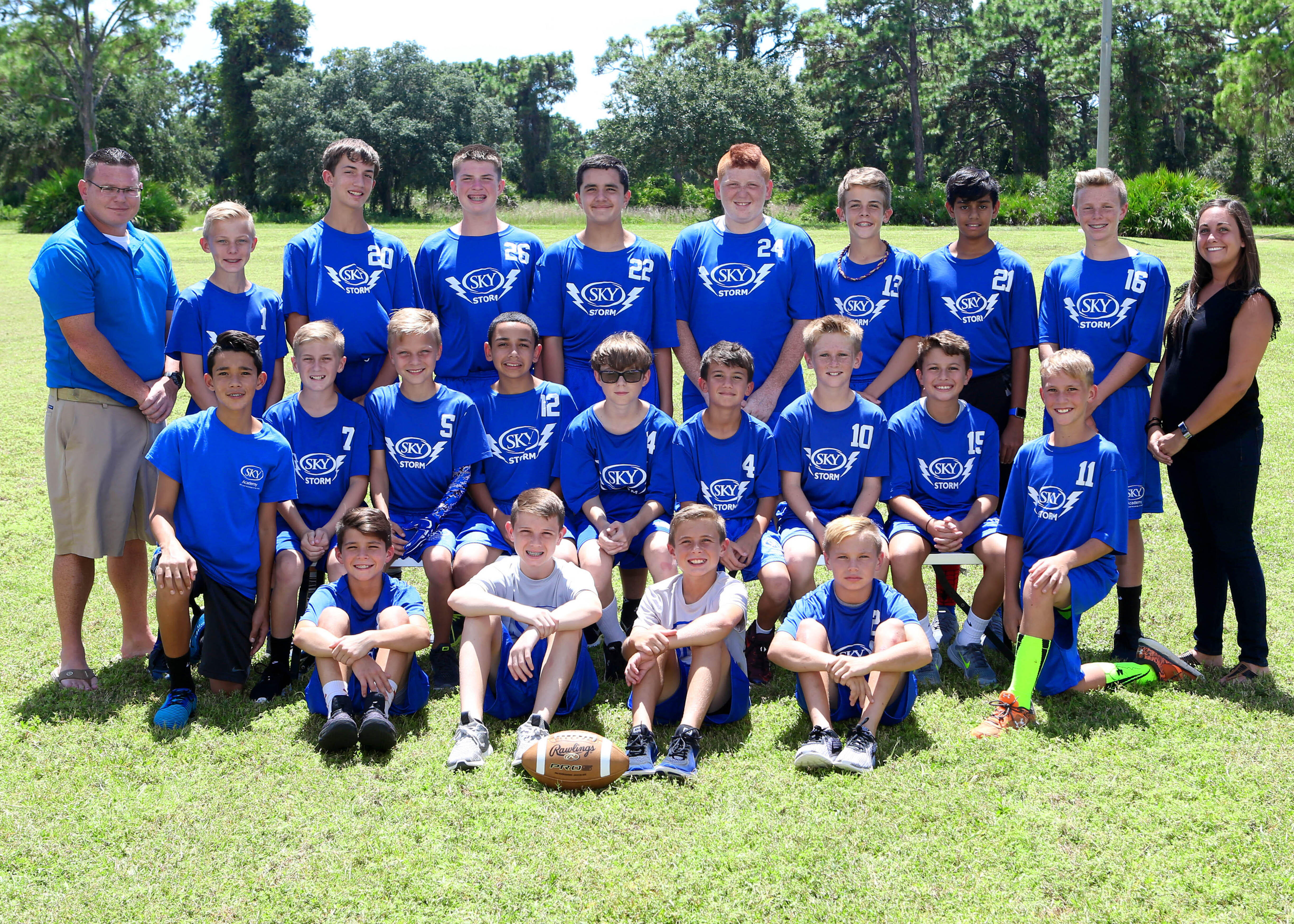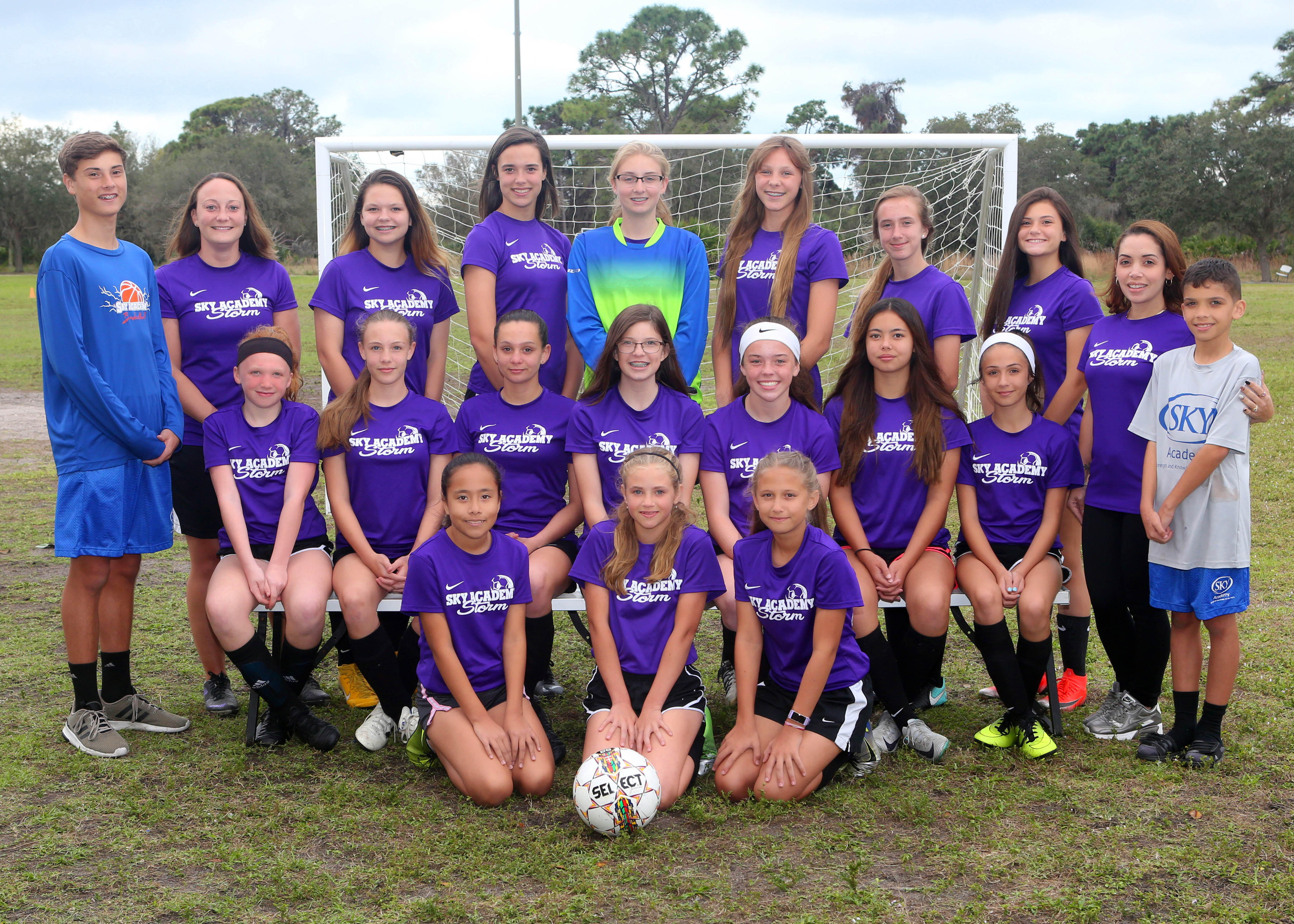SKY Academy Wellness
 SKY Academy is built around the belief that wellness is an active process that constantly changes and improves. In other words, the more you are exposed to experiences that are positive, healthy, thought-provoking and challenging, the more you incorporate them into your daily life and the more you accomplish. Wellness is the fuel for lifelong confidence and achievement.
SKY Academy is built around the belief that wellness is an active process that constantly changes and improves. In other words, the more you are exposed to experiences that are positive, healthy, thought-provoking and challenging, the more you incorporate them into your daily life and the more you accomplish. Wellness is the fuel for lifelong confidence and achievement.
There are many dimensions to wellness that will be integrated into the curriculum, such as:
- Social wellness: contributing to one’s human and physical environment and to the common welfare of one’s community
- Occupational wellness: preparing for the world of work so it will be personally satisfying and enriching
- Spiritual wellness: finding meaning and purpose in life
- Physical wellness: improving endurance, flexibility and physical strength
- Intellectual wellness: expanding one’s knowledge, mental acuity, creativity
- Emotional wellness: becoming aware and accepting one’s feelings and respecting the feelings of others
- Environmental wellness: valuing nature and those species in it
The wellness culture at SKY Academy will thrust your child into a lifestyle of healthy decisions, enjoyable living and academic, social and emotional success. All students, regardless of physical ability, are expected to participate in physical activities. For more information, visit our "Policies" section.
Our Physical Activity Goals
- Physical education programs are taught by certified physical education teachers who emphasize physical fitness and healthy lifestyles.
- Physical education curriculum incorporates the following:
- Promotion of positive attitudes toward wellness and physical activity
- Safety guidelines:
- Responsible behavior in physical activity settings
- Appreciation for a variety of physical activities
- Understanding of the relationship between physical activity and wellness
- Personal physical fitness goal setting
- Opportunities for physical activity may be scheduled before, during and after the school day to provide opportunities for participation by all students.
- Schools encourage families and the community to promote and participate in programs which support physical activity, such as fun runs and Taste of Sky events which promotes healthy eating and nutrition.
- Physical activity participation is not used as a punishment or reward.
- Adequate equipment is available for all students, regardless of disabilities or impairments, to participate in physical education.
Other School-Based Activities
- Local Wellness Policy goals are considered in planning school-based activities.
- After-school programs encourage healthy snacking and physical activity.
- Facilities are made available to the community to promote wellness related activities
- Collaboration with community agencies and organizations to promote wellness activities in the community is encouraged.
- Opportunities for students, staff, and the community focused on wellness are demonstrated by offering health focused activities and events on school campuses which may include health screenings, run clubs and field days.
VII. Wellness Implementation Strategy
- A Wellness Contact(s) at each school site is/are designated to manage and coordinate the implementation of the Local Wellness Policy.
- A Wellness Committee is established and consists of representatives from the School Health Advisory Committee.
- The Wellness Steering Committee conducts on-going assessments of current nutrition guidelines and activities, nutrition education, physical activity, involvement of students, and other wellness related topics.
- The Wellness Steering Committee works with staff to provide a comprehensive wellness program based on the adopted goals and results of the initial assessment. The program will be continuously evaluated and updated.
- The Wellness Program shall meet the requirements of the National School Lunch Act, the Child Nutrition Act of 1966, revised 2004, and the Healthy Hunger Free Kids act of 2010.













